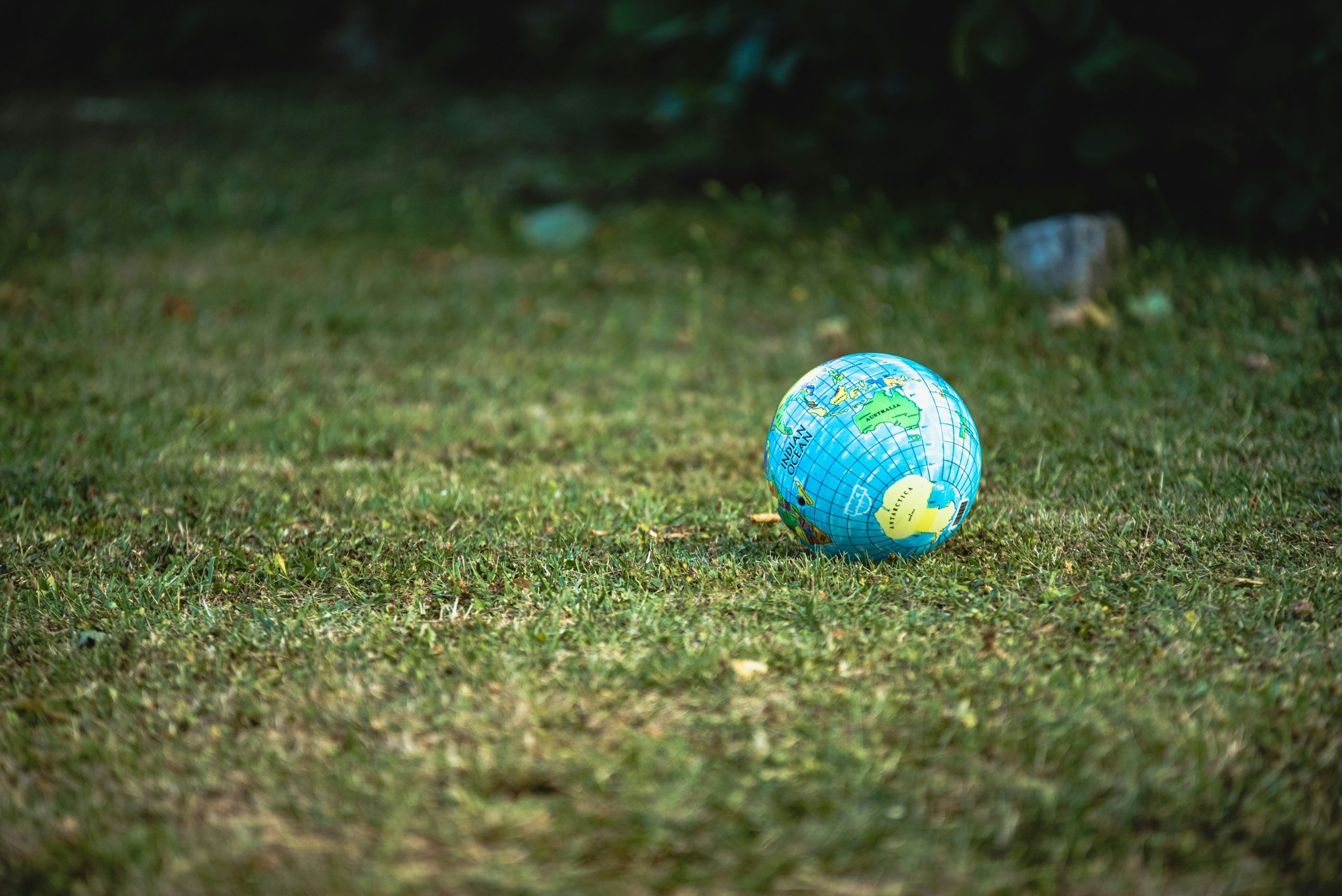
Italy: turning things around
Italy’s rank on the Happy Planet Index in 2019: #40. Explore the data.
By: Francesco Sarracino
Italy is a country as diverse as it is rich in history. It is inevitable that an aggregate indicator, such as the Happy Planet Index (HPI), does not fully capture Italian regional specificities. With this caveat in mind, let’s dig into the sustainable wellbeing of Italians.
Italy scored 40th in the international ranking of sustainable wellbeing of 2019. With an HPI score of 50.7, it has the 10th highest score among Western European countries, ranking just in between Norway and Sweden. The Italian HPI score is the outcome of one of the lowest ecological footprints among developed countries (4.45 global hectares per capita), one of the highest levels of life expectancy in the world (83.5 years), and a low level of wellbeing (6.45/10).
Moreover, Italy’s Happy Planet Index score has improved steadily since 2006, with a growth rate of 0.9% per year, slightly below the European average (+1% per year). This is the result of continuous improvement in life expectancy, ecological footprint, but not wellbeing, which stayed constant at about 6.2 points.
Ecological footprint
Over the last fourteen years, Italy made significant steps forward to protect the environment (although its levels of consumption remain unsustainable). For instance, the share of municipal waste significantly decreased, as did the share of land occupied by landfills of waste (from 59.8% in 2004 to 20.9% in 2019). In the same period, air quality improved and the share of electricity produced from renewable energies more than doubled between 2004 and 2019, from 15.5% in 2004 to 35% in 2019.
These trends are associated with increased awareness about the ecological emergency: the share of people in Italy concerned by climate change and loss of biodiversity steadily increased since 2012. Progress in education and policies, such as “Blue flag” for clean waters and “Orange flag”, which aim to highlight the cultural and historical heritage of all Italian territories, have probably drawn Italians’ attention towards the environment.
Happy Life Years
Longevity progressed thanks to reduced mortality at all ages. While this is good news, it also raises the issue of the quality of life lived. The expected number of healthy life years, that is, years that an average person can expect to live free from chronic diseases, declined. Italians’ wellbeing score partly reflects this trend.
A 2019 report from the Italian Statistical Office (ISTAT) also found that people’s satisfaction with family and social relations declined in recent years, as did trust in others and in institutions, especially the political ones. People also reported increased uncertainty about the future, which is probably associated with increased job uncertainty. Additionally, income disparities between the top and the bottom 20% in the income distribution widened, with a deepening of poverty among the most disadvantaged ones.
Turning things around
The good news is that wellbeing in Italy has been growing since 2016, the year marking the end of the economic downturn (which started in 2009 with the “financial crisis”). 2016 was also the year when the Italian Parliament included measures of “Equitable and Sustainable Wellbeing” (BES) among its set of tools for economic programming. Every year, since 2013, ISTAT publishes the BES report, displaying the results of 129 indicators organised in 12 domains of quality of life.
As of 2018, a subset of these indicators contributes to an annual parliamentary debate to define Italy’s economic policies. The debate focuses on recent trends and forecasts of each indicator, as well as on impact evaluation of policies. It is too early to say whether this may have had a tangible impact on wellbeing, but it is definitely a step towards operationalising a more all-encompassing evaluation of quality of life.
About the Author
Francesco Sarracino is senior economist at STATEC, the national institute of statistics of Luxembourg. His work aims at identifying policies to make economic growth compatible with people’s well-being and, ultimately, to pursue socially and environmentally sustainable development.
He holds a PhD in development economics from the University of Firenze (Italy). He is a member of the World Wellbeing Panel, and of the board of directors of the International Society for Quality of Life Studies. His works have been published in journals such as Oxford Economic Papers, World Development, Ecological Economics, Journal of Happiness Studies, and Journal of Business Ethics.
You can reach Francesco on LinkedIn.
How sustainably happy are you?
We've built a personal Happy Planet Index test to help you reflect on how you can create your own "good life that doesn't cost the earth".
Take the test





